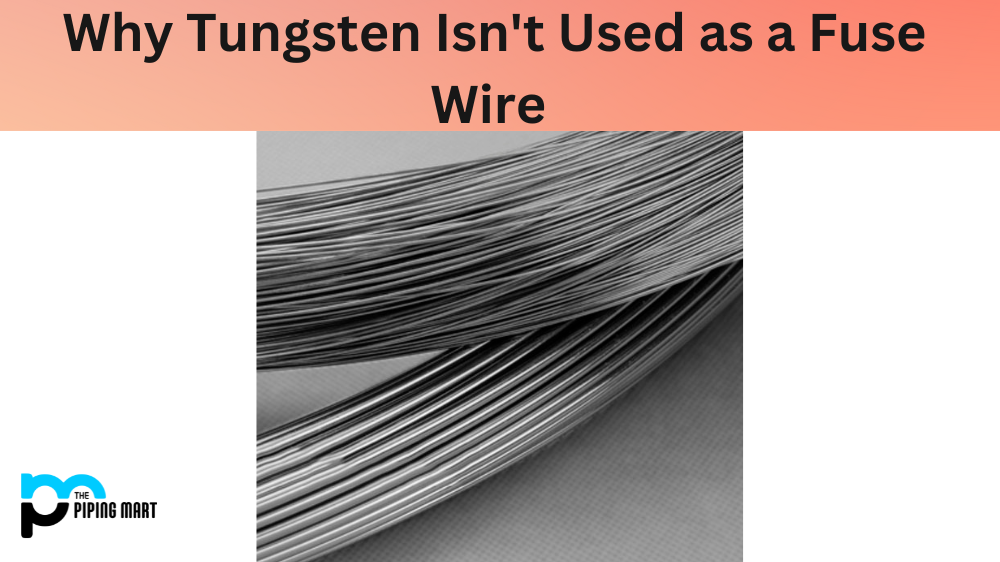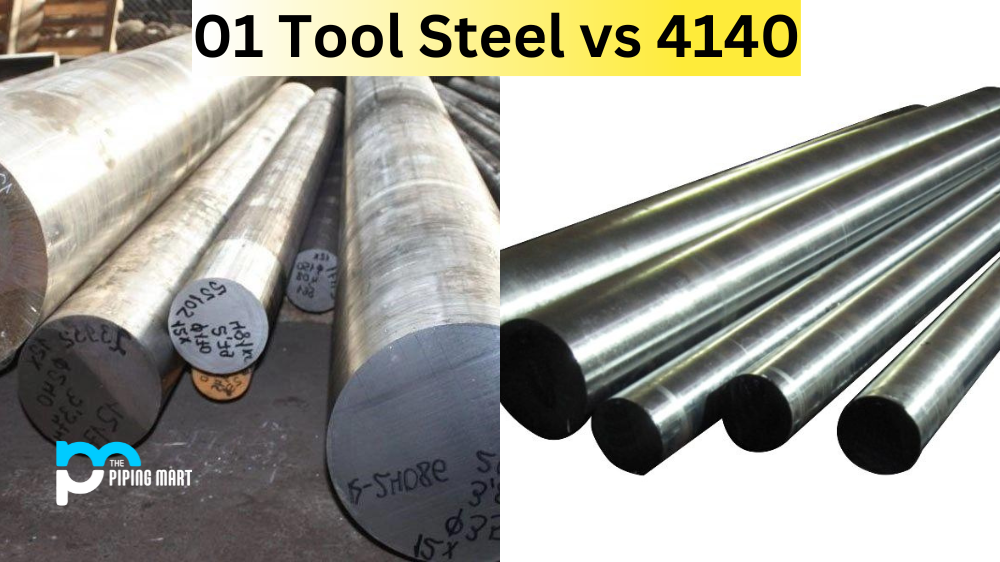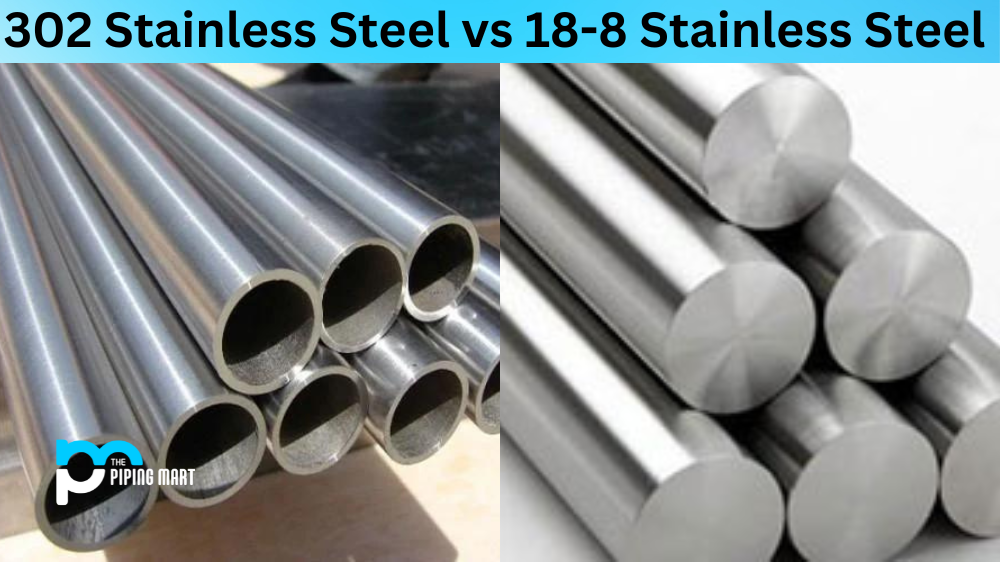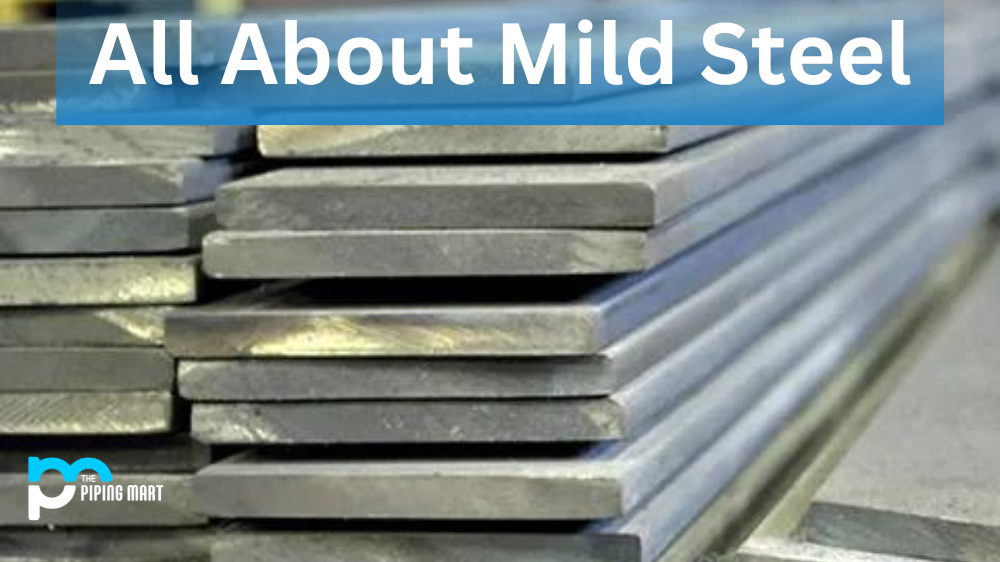Fuses are one of the most common electrical components used in everyday life. They play an important role in protecting electrical circuits and wiring from overload and short circuits that can damage the circuit or even cause a fire. While there are many materials used to make fuse wires, such as copper, aluminum, and even silver, tungsten is not typically used. So why not? Let’s take a closer look.
Tungsten is a very robust material with good thermal and electric conductivity properties. So why isn’t it used for fuse wire? The answer lies in its melting point. Although tungsten has high-temperature resistance properties, its melting point is too high for most circuit protection applications. At temperatures above 6500°C (11700°F), tungsten begins to form vaporized sublimates, which will create a short circuit instead of protecting the circuit from overloads or shorts.
In comparison, other materials, such as copper, have a much lower melting temperature of about 1083°C (1981°F). This makes them ideal for use as a fuse wire since they can melt at temperatures that are much lower than their vaporization temperature. This ensures that the fuse wire will melt before it reaches its critical temperature threshold, thus protecting the circuit from overheating or shorting out due to excessive current flow.
Another issue with using tungsten as a fuse wire is its cost. Tungsten is significantly more expensive than other metals, such as copper or aluminum, so using it for this purpose would be quite costly and not cost-effective. Additionally, tungsten has higher levels of toxicity compared to other metals, which makes it unsuitable for use in consumer products where safety is paramount.
Conclusion:
All in all, while tungsten does have some desirable properties for use as a fuse wire due to its high thermal and electric conductivity properties, its high melting point makes it unsuitable for this application since it could create more problems than it solves if used improperly. Copper and aluminum work well in this application because they have lower melting points which makes them safer to use in consumer applications where safety is paramount. Furthermore, these materials are significantly cheaper than tungsten which makes them cost-effective options for most applications requiring fuse wires. For these reasons, tungsten isn’t often used as a fuse wire in today’s modern world despite its desirable characteristics.

Abhishek is a seasoned blogger and industry expert, sharing his insights and knowledge on various topics. With his research, Abhishek offers valuable insights and tips for professionals and enthusiasts. Follow him for expert advice on the latest trends and developments in the metal industry.




